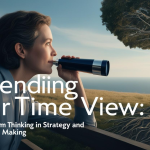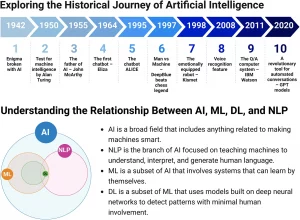The Artificial Intelligence (AI) revolution is now a concrete reality, profoundly influencing our daily lives. This technology, besides offering considerable benefits such as diagnosing diseases and predicting earthquakes, also presents significant challenges. It is crucial that humans guide the adoption and use of AI.
To adequately address this revolution, we must renew and expand the skills of our workforce, making it suitable for the current technological context. Recent estimates suggest that up to 40% of workers may need reskilling in the next three years due to AI and automation. This process requires a diverse set of skills, from technical competence to adaptability and human understanding, to collaborate effectively with AI.
It is essential to rethink our reskilling strategy to align it with the pace of technological progress. Reskilling is not just a duty but also an opportunity to prepare people for required roles and specific skills in the digital economy.
Human capital is more valuable than ever. As emphasized in the book “The Age of Prediction” by Chris Mason and myself, the relationship between humans and machines is symbiotic. Prediction, while being an innovative tool, requires human collaboration to improve its outcomes. It’s important to focus on the value of our work, namely creating opportunities for talent and strengthening the workforce with technology.
Reskilling should be seen as an organizational change management initiative. Many companies have not yet taken the call for reskilling seriously, instead focusing on filling immediate job vacancies. We cannot rely solely on hiring to meet the changing demands of work and skills. Reskilling is essential to prepare our organizations for the future.
The era of education is changing, thanks to the spread of AI. With the increase in information and data, new learning opportunities open up. A 19% growth in online learning platforms is expected in the next four years. We should embrace this trend, breaking down barriers to quality education and promoting reskilling. Online platforms can help bridge the AI skills gap.
Organizations that value human capital and adopt advanced technologies will be better positioned for the future of work. Reskilling employees will help them use AI tools, driving business value and shaping the future of success. Implementing a cultural shift around reskilling is crucial to fully leverage the potential of AI.









